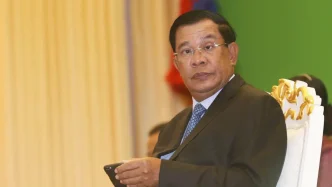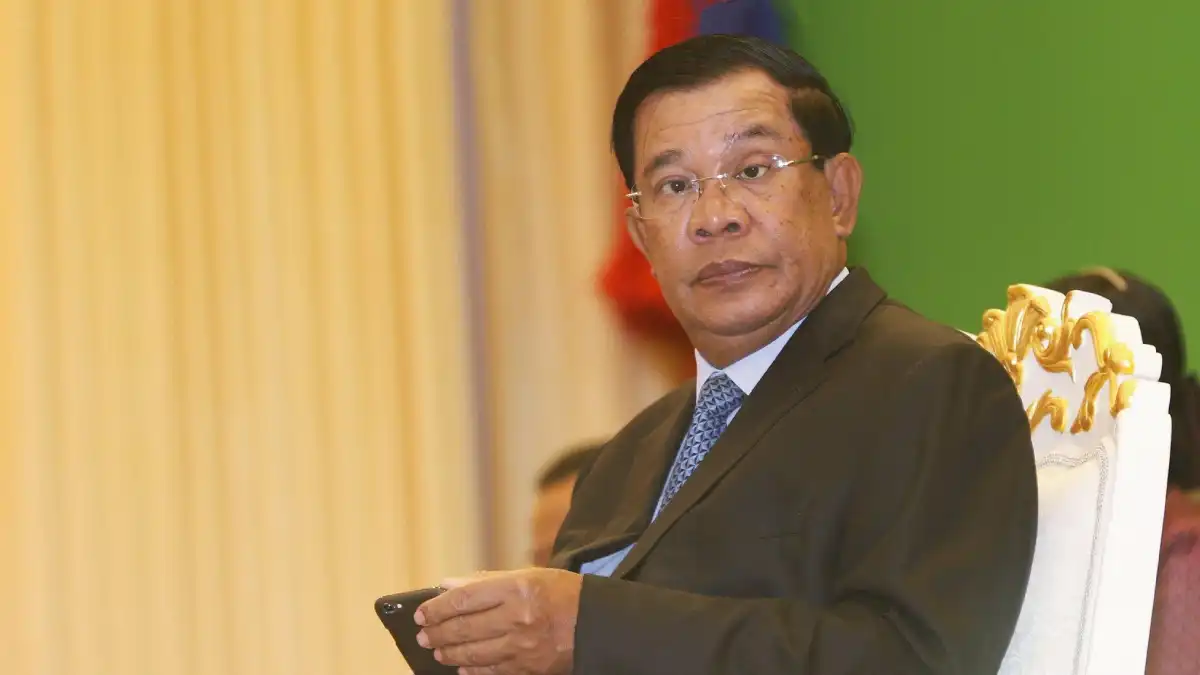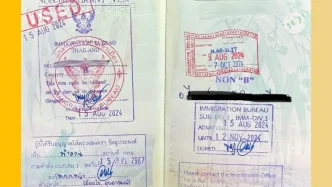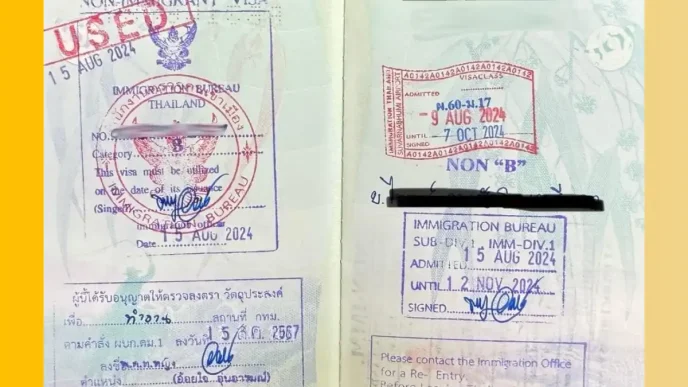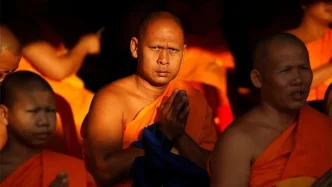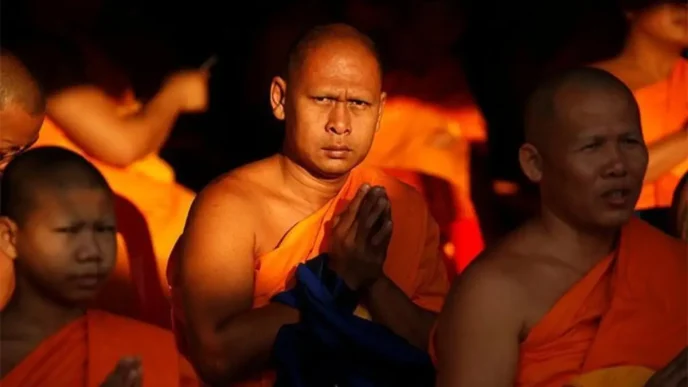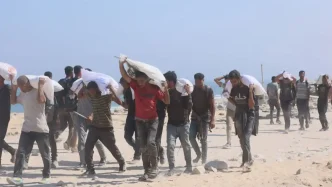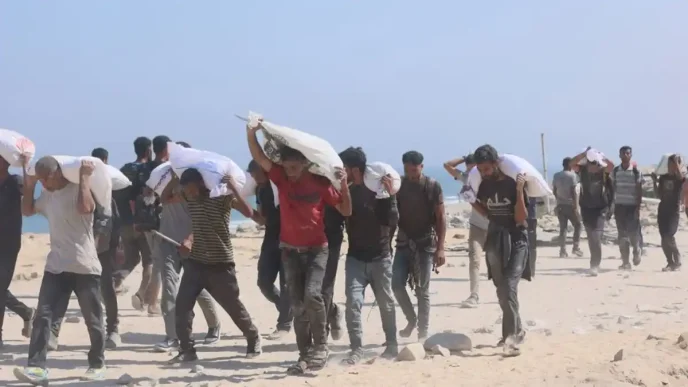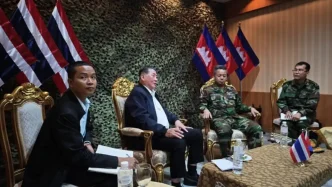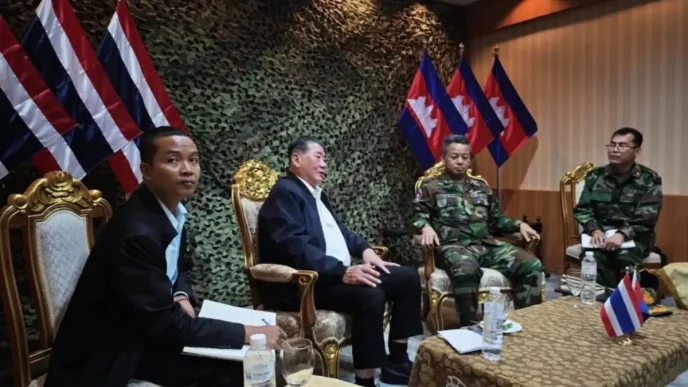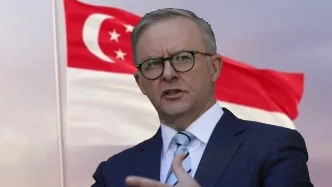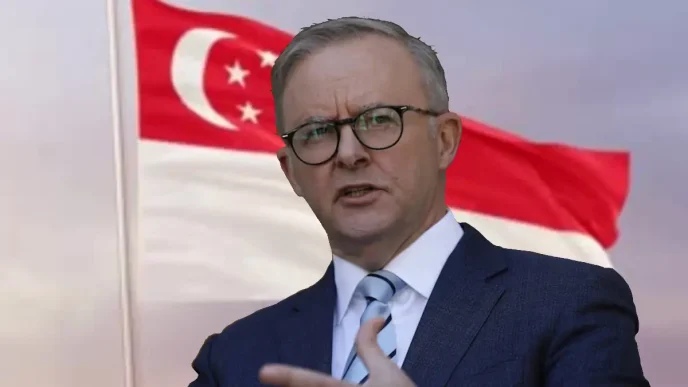Thailand’s Ministry of Foreign Affairs has categorically denied social media allegations that the country is plotting to assassinate Cambodian leaders Hun Sen and Hun Manet, labeling the claims as baseless and harmful to ongoing diplomatic efforts. The accusations, attributed to Cambodia’s Minister of Information citing foreign intelligence, have sparked concern amid sensitive border discussions between the two nations.
Official Denial Amid Rising Tensions
On August 6, 2025, Thailand’s Ministry of Foreign Affairs issued a strong rebuttal to circulating rumors of an alleged assassination plot targeting Hun Sen, President of the Senate and the Cambodian People’s Party (CPP), and Hun Manet, Cambodia’s Prime Minister. The claims, which surfaced on social media and were reportedly endorsed by Cambodia’s Minister of Information, suggested that Thailand was orchestrating a scheme against the prominent father-son duo who have long dominated Cambodian politics.
Nikorndej Balankura, Director-General of the Department of Information and Spokesperson for the Ministry of Foreign Affairs, dismissed the accusations as entirely unfounded. He emphasized that such disinformation was a deliberate attempt to tarnish Thailand’s reputation and disrupt bilateral relations. “I would like to reiterate that spreading false news while both sides are in the midst of General Border Committee (GBC) discussions not only serves no constructive purpose but also undermines the spirit of dialogue aimed at peacefully resolving the situation” Nikorndej said on August 6, 2025.
The timing of these allegations is particularly significant, as Thailand and Cambodia have been engaged in delicate negotiations through the General Border Committee to address long-standing territorial disputes, particularly around the Preah Vihear temple area. These talks, aimed at fostering cooperation and reducing tensions, have been a cornerstone of recent diplomatic efforts between Bangkok and Phnom Penh. The Ministry condemned the rumors as a malicious effort to derail progress, urging all parties to focus on constructive dialogue.
A History of Uneasy Relations
Thailand and Cambodia share a complex history marked by periods of cooperation and conflict, often centered on border disputes and political sensitivities. The Preah Vihear temple, a UNESCO World Heritage site perched on a cliff along their shared border, has been a flashpoint for decades. Clashes in 2011 resulted in casualties on both sides, and while relations have since stabilized, mutual distrust lingers. The temple’s ownership was awarded to Cambodia by the International Court of Justice in 1962, a decision that continues to stir nationalist sentiments in Thailand.
Beyond territorial issues, domestic political dynamics in both countries add layers of complexity. In Cambodia, Hun Sen, who ruled as Prime Minister for nearly four decades before transitioning to Senate President in 2023, remains a towering figure. His son, Hun Manet, assumed the premiership in August 2023, cementing the family’s grip on power through the CPP, which celebrated its 74th anniversary on June 28, 2025, in Phnom Penh. This dynastic succession has drawn scrutiny domestically and internationally, with critics alleging authoritarian governance—a narrative that often intersects with regional rivalries.
In Thailand, political instability has been a recurring theme, with military coups and public protests shaping governance over the past two decades. The current administration, navigating its own challenges, has prioritized regional stability, making the timing of these assassination allegations particularly disruptive. Analysts suggest that such claims, whether grounded or not, tap into historical animosities and could inflame public opinion on both sides if left unchecked.
The Role of Disinformation in Regional Politics
The spread of unfounded claims via social media is not a new phenomenon in Southeast Asia, where digital platforms have become battlegrounds for political narratives. In recent years, both Thailand and Cambodia have grappled with the rapid dissemination of false information, often amplified by state and non-state actors to serve specific agendas. The Thai Ministry’s swift response reflects a growing awareness of the need to counter such narratives before they escalate into broader diplomatic crises.
While the specific source of the assassination allegations remains unclear beyond the attribution to Cambodia’s Minister of Information, the incident underscores the challenges of managing information in the digital age. Governments across the region have introduced stringent laws to combat fake news, but these measures often raise concerns about freedom of expression. In Thailand, the Computer Crime Act B.E. 2550 has been used to address online misinformation, while Cambodia’s government has similarly tightened control over digital content under the guise of national security.
The Thai Ministry’s statement avoided naming specific individuals or entities behind the rumors, focusing instead on the broader impact of disinformation. This approach aligns with a cautious diplomatic strategy, aiming to de-escalate rather than point fingers. However, the lack of clarity about the origin of the claims leaves room for speculation about whether they stem from internal Cambodian politics, external provocation, or a misunderstanding of intelligence reports.
Border Talks at a Critical Juncture
The General Border Committee discussions, which Nikorndej referenced in his statement, represent a critical mechanism for managing Thailand-Cambodia relations. Established to address boundary demarcation and security issues, the GBC has been a forum for dialogue even during periods of heightened tension. Current talks are reportedly focused on joint development projects near the border, as well as mechanisms to prevent cross-border incidents involving military personnel or civilians.
Progress in these negotiations has been slow but steady, with both sides expressing a commitment to peaceful resolutions. The assassination allegations, however, threaten to cast a shadow over these efforts. Public perception plays a significant role in shaping diplomatic outcomes in Southeast Asia, where national pride often intersects with political rhetoric. If the rumors gain traction, they could complicate the GBC’s work, potentially delaying agreements or prompting retaliatory posturing.
Regional observers note that both Bangkok and Phnom Penh have incentives to maintain stability. Thailand seeks to bolster its role as a hub for ASEAN integration, while Cambodia aims to attract foreign investment and tourism as it recovers from the economic impacts of the COVID-19 pandemic. A diplomatic spat over unverified claims could undermine these goals, highlighting the stakes of the current controversy.
Looking Ahead: Can Dialogue Prevail?
As Thailand and Cambodia navigate this latest challenge, the emphasis on dialogue over confrontation will be crucial. The Thai Ministry’s measured response suggests a desire to keep channels of communication open, even as it firmly rejects the allegations. Whether Phnom Penh will reciprocate with a clarifying statement remains to be seen, but the incident serves as a reminder of the fragility of trust in bilateral relations.
For now, the focus returns to the General Border Committee and its ability to insulate substantive discussions from external noise. The assassination claims, while serious in their implications, lack corroboration from verifiable sources at this stage. Both governments face the task of addressing public concerns without allowing disinformation to dictate the terms of engagement.
As the situation unfolds, the resilience of Thailand-Cambodia relations will be tested. With border talks ongoing and regional stability at stake, the hope is that cooler heads will prevail, ensuring that dialogue, not rumor, shapes the path forward.

